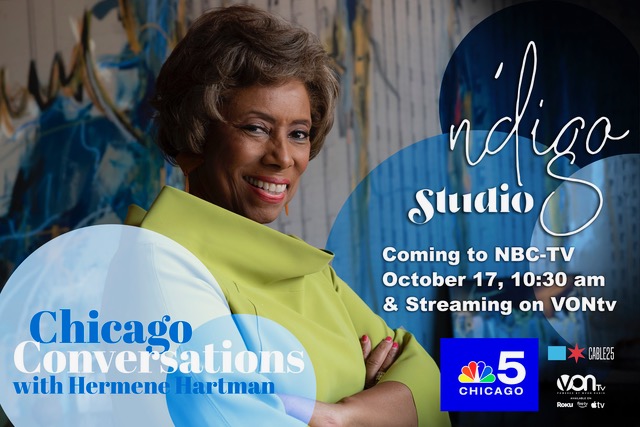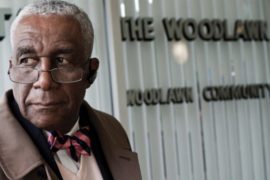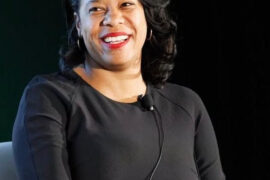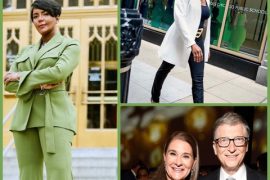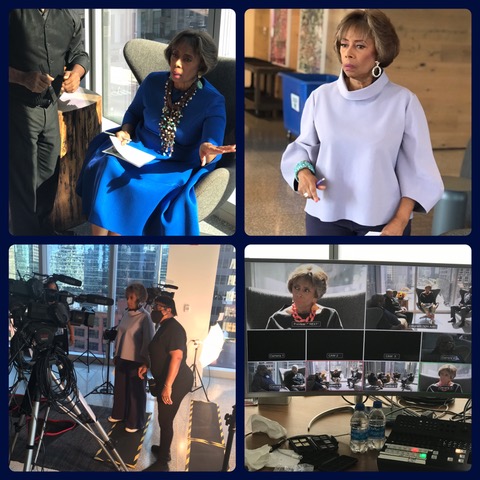
The Black story is still told minus perception and insight. It is a conversational tale when said in reality. It is still a story told with white suppression and supervision. It is not a free story. We need discussion. We need conversation. I recently had a friend submit a “Black thought type story” to a significant paper as an op-ed article. It was edited to the point that she questioned what she wrote. She called me in disgust. She wanted her writing to appear in the mainstream without the edit.
The hip-hop community has another view. They have made their very own streams. They were the independents, and they took it to the streets. They have created new music and sold it out of the car’s trunk until marketers caught up with them. And now they endorse products and have been accepted by the mainstream because of the dollars. They invented new music and sold it in non-traditional ways. Finally, the mainstream caught up with them. Daymond John‘s entry into entrepreneurship is a genuine rag to riches story. He sold his product FUBU at the stadiums and concerts, using street hawkers. His street energy made him rich until he was discovered. He did not appear on the runways at New York Fashion Week.
Tyler Perry is another who said; I want to tell Black stories. He is the master of authenticity.
Most Black families have a “Medea” or a “Big Mama.” She is the family matriarch. Her profile is an older lady rooted in church life, wears hats, cooks family dinner on Sunday, runs the family, and makes sure everybody goes to school and does the right thing. His plays were laughed at initially, but the audience was full of Black people who bought tickets. My friend, Stella Foster Irv Kupcinet’s secretary and eventually the author of “Stella’s Column,” was a Tyler Perry fan from day one. She loved the honesty and reality of Tyler Perry. She told everybody to see his plays because they were hilarious. A funny thing happened on the way. The newspapers would not review his plays. Stella was persistent in talking about Tyler Perry to her newspaper colleagues. Finally, she ventured to call them “racist” because they would not review his Black plays.
I interviewed Billy Dee Williams once; he was in a Tyler Perry play in Chicago at The New Regal Theater. He asked when this story was going to appear. He said the sooner, the better because if we have not sold sufficient tickets, we move on in the middle of the night. But the white critics are not reviewing you. He said, “who cares.” The audiences are Black ticket holders. We are on the chitlin circuit.
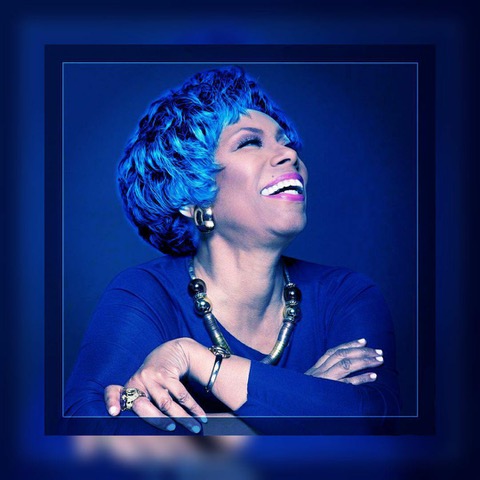
The Black story is still told minus perception and insight. It is a conversational tale when said in reality. It is still a story told with white suppression and supervision. It is not a free story. We need discussion. We need conversation. I recently had a friend submit a “Black thought type story” to a significant paper as an op-ed article. It was edited to the point that she questioned what she wrote. She called me in disgust. She wanted her writing to appear in the mainstream without the edit.
The hip-hop community has another view. They have made their very own streams. They were the independents, and they took it to the streets. They have created new music and sold it out of the car’s trunk until marketers caught up with them. And now they endorse products and have been accepted by the mainstream because of the dollars. They invented new music and sold it in non-traditional ways. Finally, the mainstream caught up with them. Daymond John‘s entry into entrepreneurship is a genuine rag to riches story. He sold his product FUBU at the stadiums and concerts, using street hawkers. His street energy made him rich until he was discovered. He did not appear on the runways at New York Fashion Week.
Tyler Perry is another who said; I want to tell Black stories. He is the master of authenticity.
Most Black families have a “Medea” or a “Big Mama.” She is the family matriarch. Her profile is an older lady rooted in church life, wears hats, cooks family dinner on Sunday, runs the family, and makes sure everybody goes to school and does the right thing. His plays were laughed at initially, but the audience was full of Black people who bought tickets. My friend, Stella Foster Irv Kupcinet’s secretary and eventually the author of “Stella’s Column,” was a Tyler Perry fan from day one. She loved the honesty and reality of Tyler Perry. She told everybody to see his plays because they were hilarious. A funny thing happened on the way. The newspapers would not review his plays. Stella was persistent in talking about Tyler Perry to her newspaper colleagues. Finally, she ventured to call them “racist” because they would not review his Black plays.
I interviewed Billy Dee Williams once; he was in a Tyler Perry play in Chicago at The New Regal Theater. He asked when this story was going to appear. He said the sooner, the better because if we have not sold sufficient tickets, we move on in the middle of the night. But the white critics are not reviewing you. He said, “who cares.” The audiences are Black ticket holders. We are on the chitlin circuit.

Where would the independent producers be if they waited for the network invite or discovery? What would Ken Burns do if he did not initiate his own to produce his very own documentaries ranging from The Roosevelt Years to Muhammad Ali in four parts, no less? The critics review him, by the way. Where would Tyler Perry be if he was waiting for Disney to pick him up or maybe MGM? What would have happened to the late Anthony Bourdain if he was waiting for a cooking show on The Food Network.
Independent producers are viewed differently until accepted by the masses. Streaming has changed the face of television. Dave Chappelle might not have made it to the networks, but he crafted a career on Comedy Central and is just fine with Netflix, controversy, and all. Programs like House of Cards on Netflix did not make network TV. Succession is on HBO Max. Dear White People is also on Netflix. Chrisley Knows Best is on Peacock. All of these shows are popular and are hits by all viewing standards and missed mainstream. And they were not reviewed in their first season. I got it.
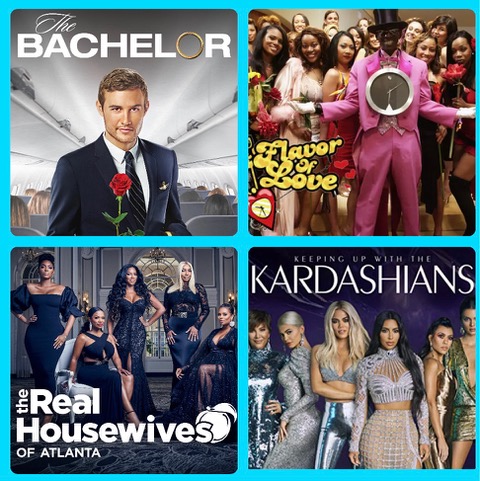
It’s time for a new news mix. It’s time for a new TV with honest conversations, not necessarily, censored or polite, but necessarily honest with real people on traditional TV. I’m tired of looking at Black buffoonery and watching “Real Housewives” whose lives are not reality. And I’m tired of seeing glamourous White girls with no talent or skillsets. PLEASE spare me the game shows bordering on ridiculous, and the one-night stands of The Bachelor and The Bachelorlette recognizing romance with a rose as a constant diet.
We must acknowledge that Black voices have been hushed, tamed, and unrecognized. Therefore, I want to bring to the forefront nonpersons as whole persons.
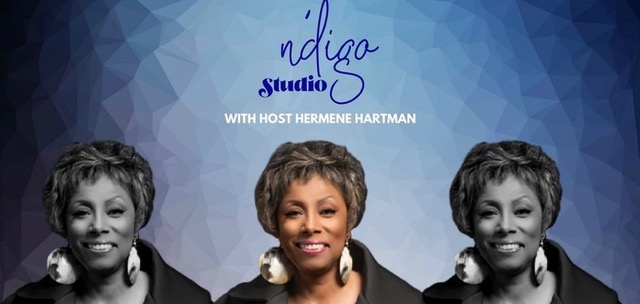
We are worthy of review. But I realized that I am a media maverick. So I will continue the authentic story of Black people on contemporary issues. We will continue mainstream, authenticity, reality, discovery, opinion, and decency recognizing great conversation. We will stay woke. View us on NBC Channel 5 Sundays at 10:30 am and Mondays on Channel 25 at 8:00 pm and VonTV Streaming. Hope to inspire, inform and provoke. Just do it; it is accurate.
“we must first acknowledge the vastly unequal places from which we each speak, the ways some have been denied voices when others are so easily heard.” Antwaun Sargent
Media Maverick


